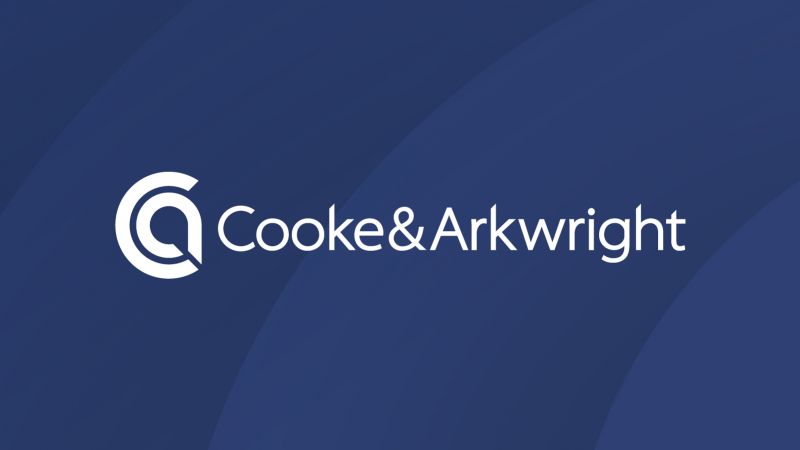What are the main concerns?
With many businesses seeing a severe drop in income there are huge concerns around cashflow for tenants and landlords alike. As the crisis escalated so rapidly just a couple of weeks before a quarter day, it quickly brought rent payments into focus.
How have landlords and tenants been reacting?
Landlords and managing agents have been inundated with requests for changes to payment terms, deferrals of rent, rent holidays etc. As landlords’ ability to assist is limited these are generally being treated on a case-by-case basis. Many landlords have been amenable to offering support to certain tenants, whilst recognising that not all tenants are affected to the same degree. Many of the government support initiatives have been welcomed by tenants but their uncertainty over when they will actually receive payments is raising concern over short term cashflow and this is the current focus of attention and support.
What is the most important thing to do?
It is important for both parties to enter into dialogue. Landlords should be aware of the problems being faced by their tenants and similarly, tenants need to recognise that landlords are also businesses with expenses to meet such as loan repayments and vacant rates bills. Where they are able to Landlords will want to try and help struggling tenant businesses survive, thereby avoiding an increase in empty properties in their portfolios. In considering tenants’ requests for support it is not unreasonable for landlords to request financial information such as cashflow projections, details of support from other sources etc. With the situation changing so rapidly however, we would not recommend signing up to long term agreements or concessions which may quickly be overtaken by events.
What do we advise against doing?
Some tenants have unilaterally decided to withhold rent, and also service charge and insurance in some cases and we strongly advise against this. While it is true that the government has announced a moratorium on forfeiture action for non-payment of rent until 30th June, it is far better to engage with the landlord and work together to arrive at a mutually beneficial agreement. We recognise however that this is more difficult for tenants with a large portfolio of leased properties. Statutory demands and CRAR (Commercial Rent Arrears Recovery) are still an option for landlords but we think it unlikely that many would want to take such action at this time and there would also be logistical problems in doing so during the current lockdown.
What about service charges?
Although landlords and managing agents should try to reduce service charge expenditure where possible, contractual arrangements may make this difficult in some areas and many services will need to continue. Service charges pay for essential repairs, maintenance of critical services such as fire alarms, utility bills etc. It should be borne in mind that if these are withheld, the landlord will not always have the ability to cover this expenditure. A similar question arises if tenants do not pay insurance premiums due on renewal. Landlords and tenants need to get through this together.
How we can help
To assist with businesses’ short-term cash flow we are sharing the advice provided by our business rates colleagues that companies that have vacated their premises should apply to their local authority for empty property rates relief. We are aware however that there is some inconsistency in the approach currently being adopted by billing authorities throughout the UK on this and our business rates team can advise those experiencing difficulty.
We will all need to work together once this crisis is over!


